Jean-Jacques Dessalines, leader of the Haitian Revolution
In the annals of the history of Haiti, an island located in the Caribbean at the entrance to the Gulf of Mexico and shared with the Dominican Republic, Jean-Jacques Dessalines emerges like a phoenix from the ashes of oppression. Born a slave on September 20, 1758 in the home of Henri Duclos, in Cormier (Grande-Rivière-du-Nord), in the French colony of Saint-Domingue, Dessalines was a Creole of African (Afro-Caribbean) origin. Freed during the 1794 abolition achieved through slave revolts, actually served as an officer in the French army during the French Revolution. At that time, the ideas of freedom and equality were at the heart of the concerns of the inhabitants of the colonies. Dessalines actively participated in the fighting against the Spanish and British forces, alongside the French, in Santo Domingo.
Having risen to the rank of Lieutenant General, Jean-Jacques Dessalines turned against the French during the Leclerc expedition, sent to Saint-Domingue by Bonaparte to reestablish colonial authority and slavery during the Haitian Revolution. After the capture and deportation of Toussaint Louverture to France on June 7, 1802, Dessalines assumed a leading role in continuing the struggle for independence. He led numerous battles, including the battle of Crête-à-Pierrot in March 1802, where he galvanized his soldiers with his famous declaration: “Let those who want to remain slaves of the French leave the fort, let those, on the contrary, who want to die as free men, line up around me.”
On January 1, 1804, Jean-Jacques Dessalines achieved the long-awaited goal of independence by proclaiming Haïti as a sovereign nation, becoming the second country in the Americas to gain independence from a colonial power. He became the first leader of the newly formed nation and was named Emperor under the name James I. However, his imperial reign was marked by authoritarian and brutal policies, including the massacre of many white settlers and the redistribution of land to peasants that was in the hands of the generals of the independence army. In addition, he organized the hunt for delinquents in the city while implementing rigorous agrarian policies, considering that they represented a threat to the stability of the nation, these controversial actions caused divisions within Haitian society.
Dessalines was assassinated on October 17, 1806 following a plot organized by some of his generals in the Haitian army. His death marked the end of his brief but influential period in power. Despite the controversies surrounding his methods, he is recognized as the main architect of Haiti’s independence and his name was honored in 1903 by being attributed to the Haitian national anthem, La Dessalinienne, composed by Justin Lhérisson.Finally, the great visionary man Jean Jacques Dessalines remains an emblematic figure in the history of Haiti, recognized for his role in the fight for independence and the end of slavery in the region.
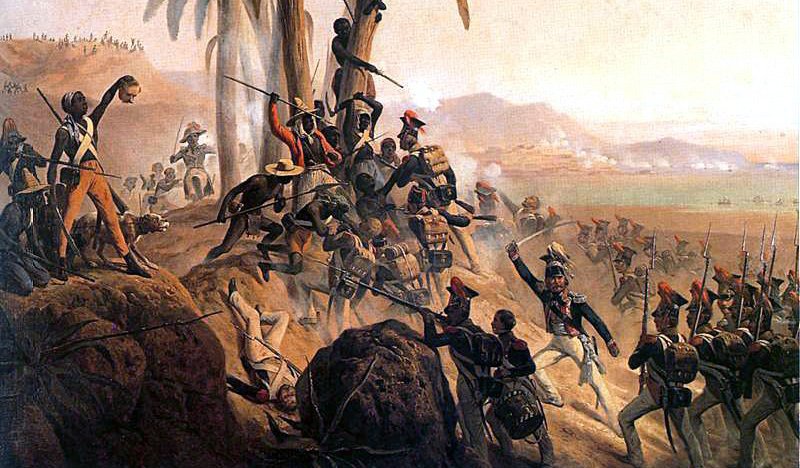









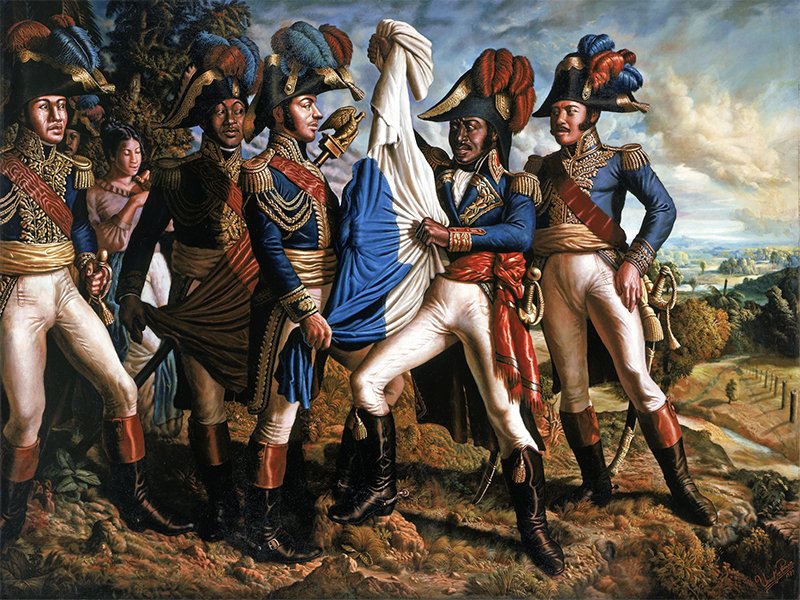


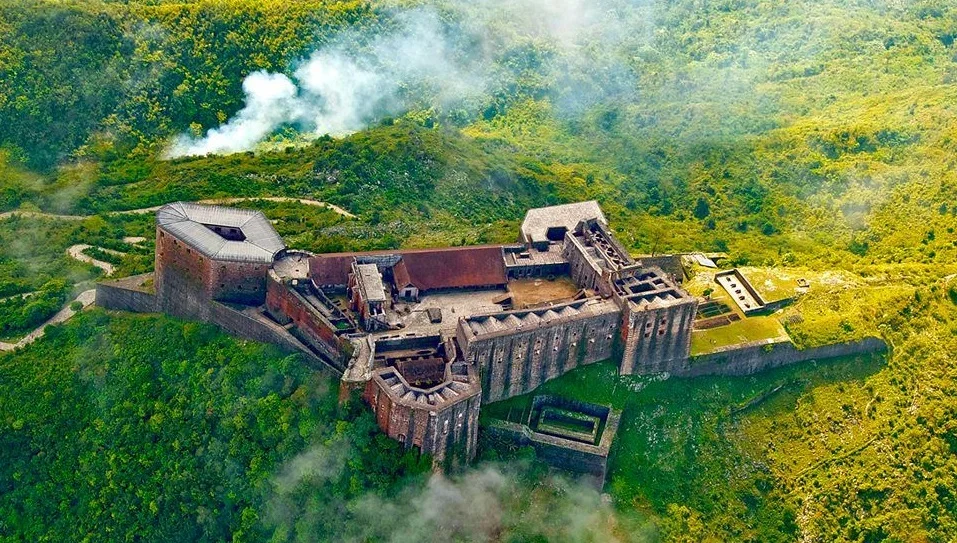


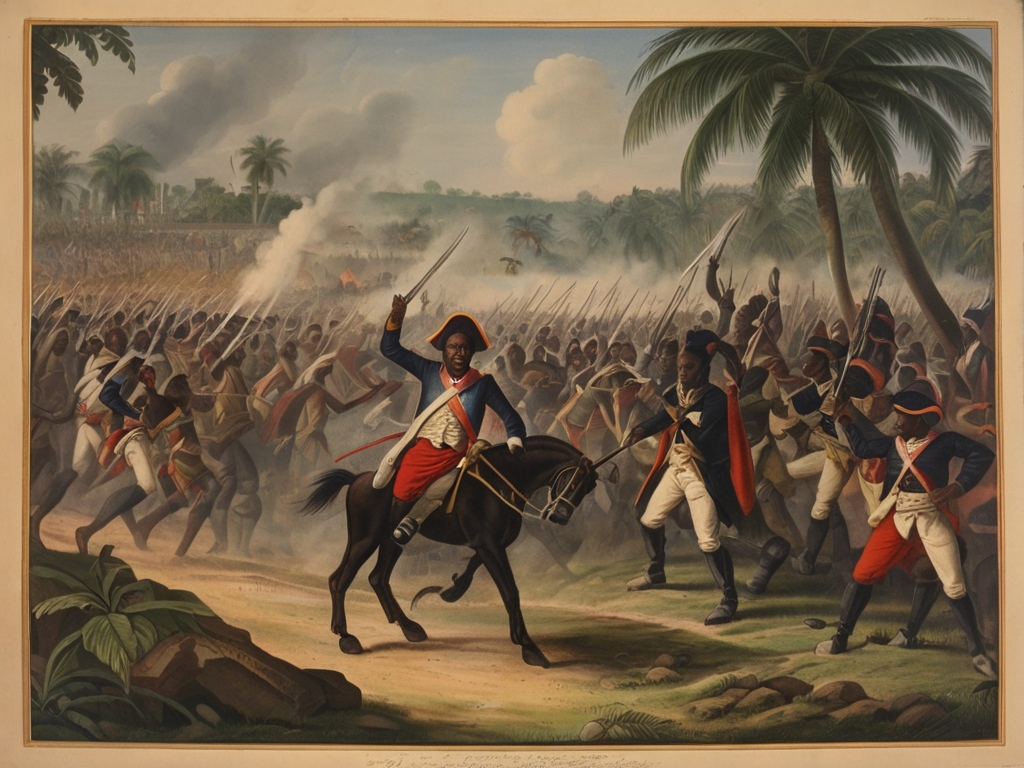



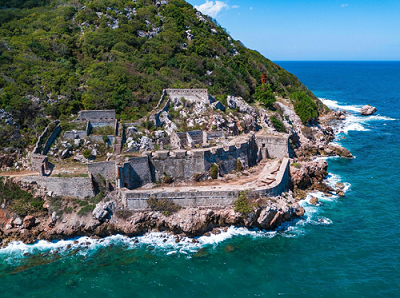

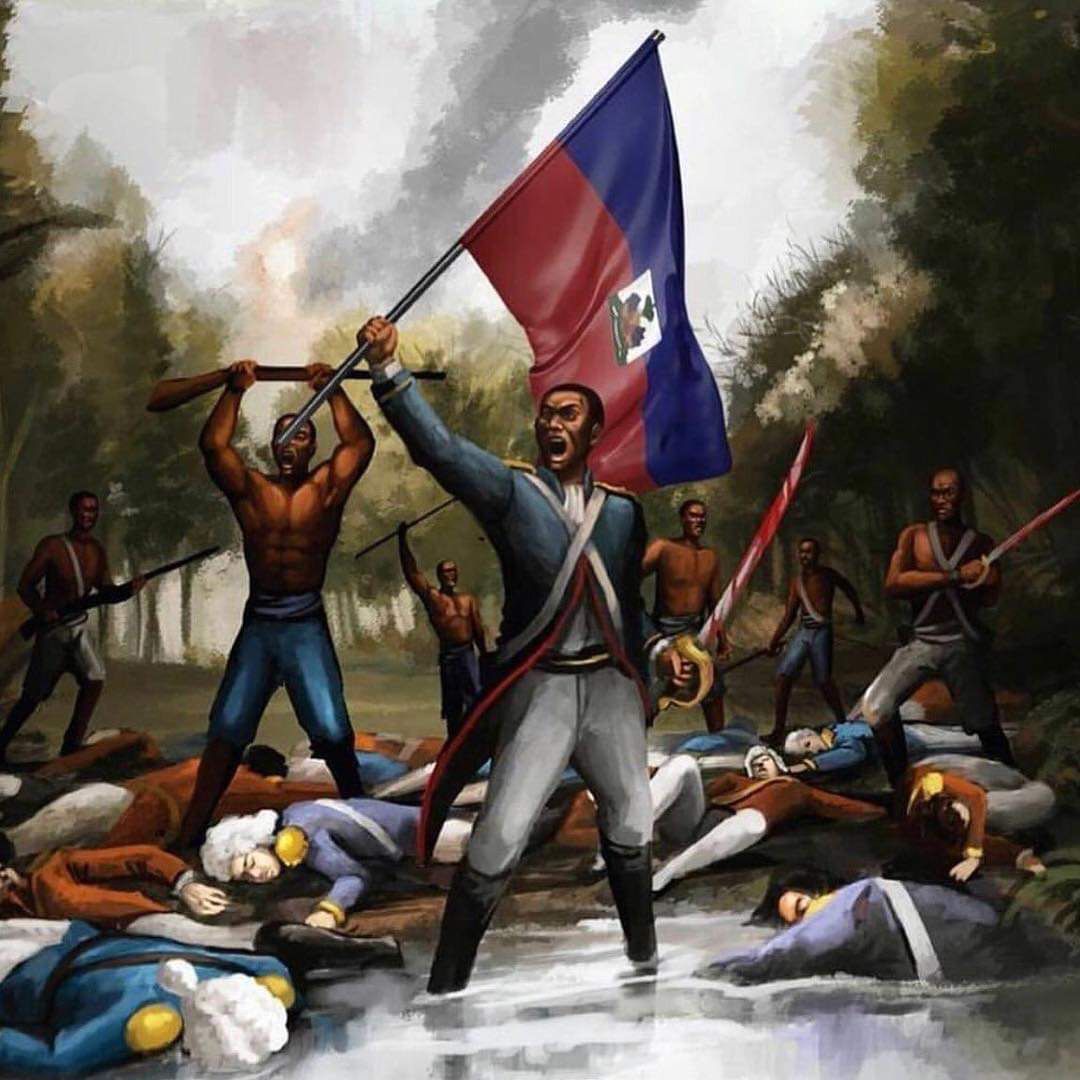


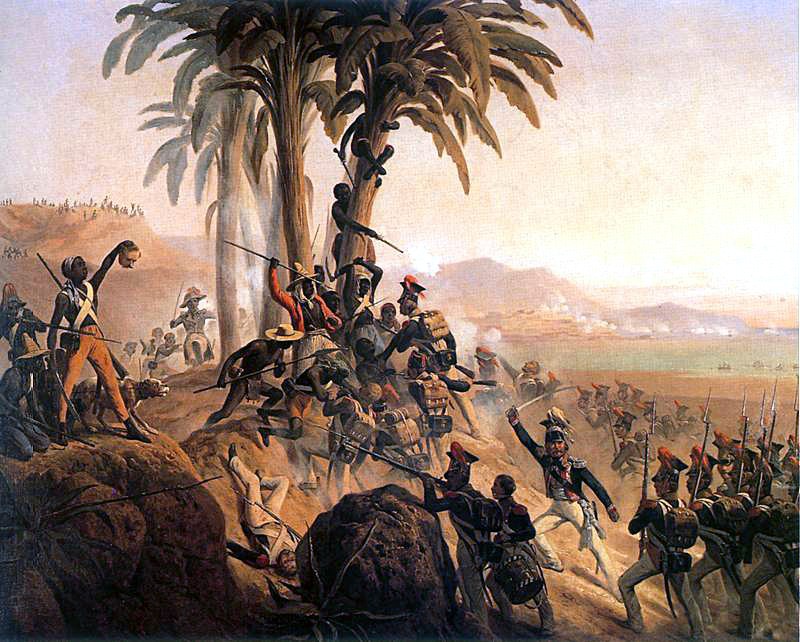
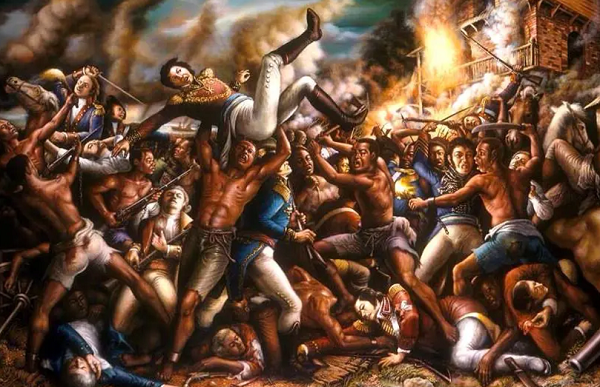
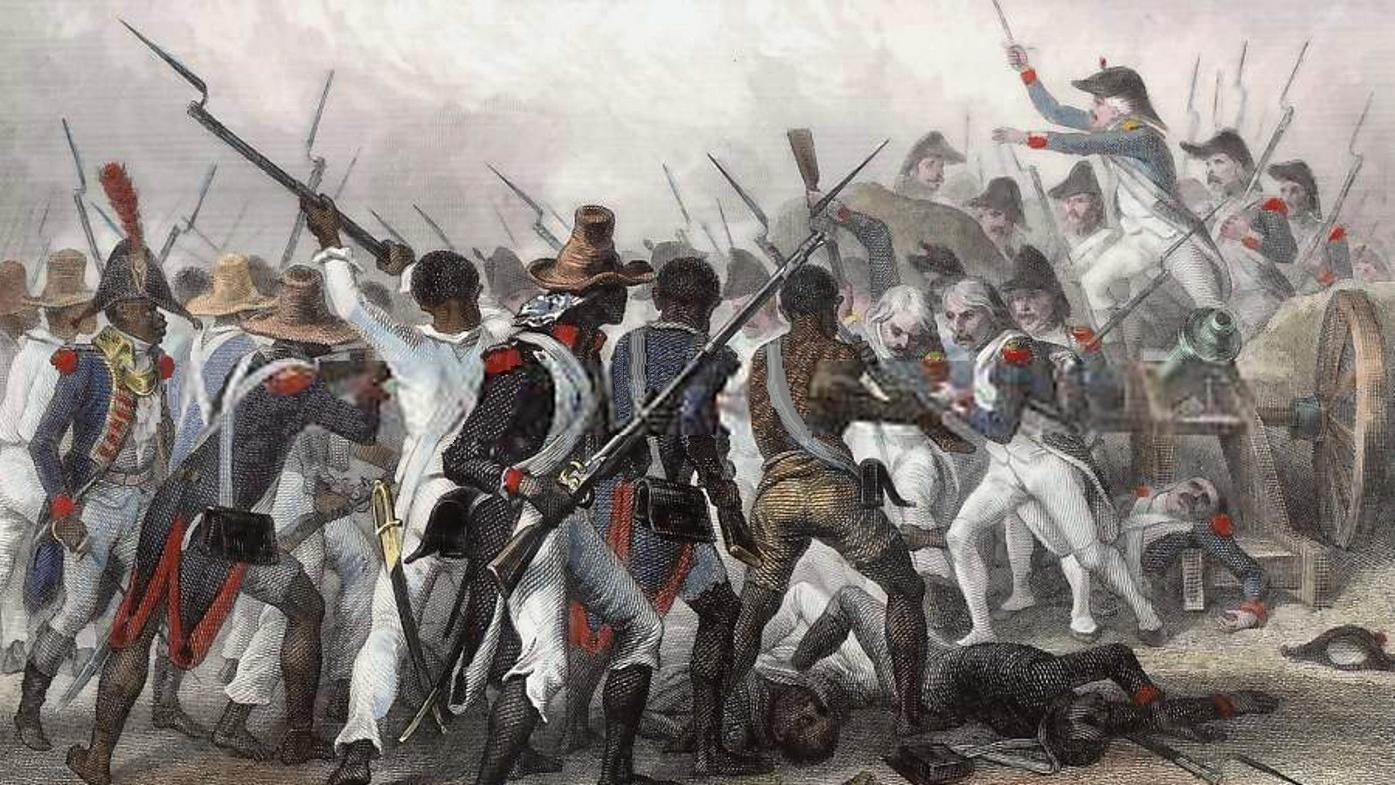

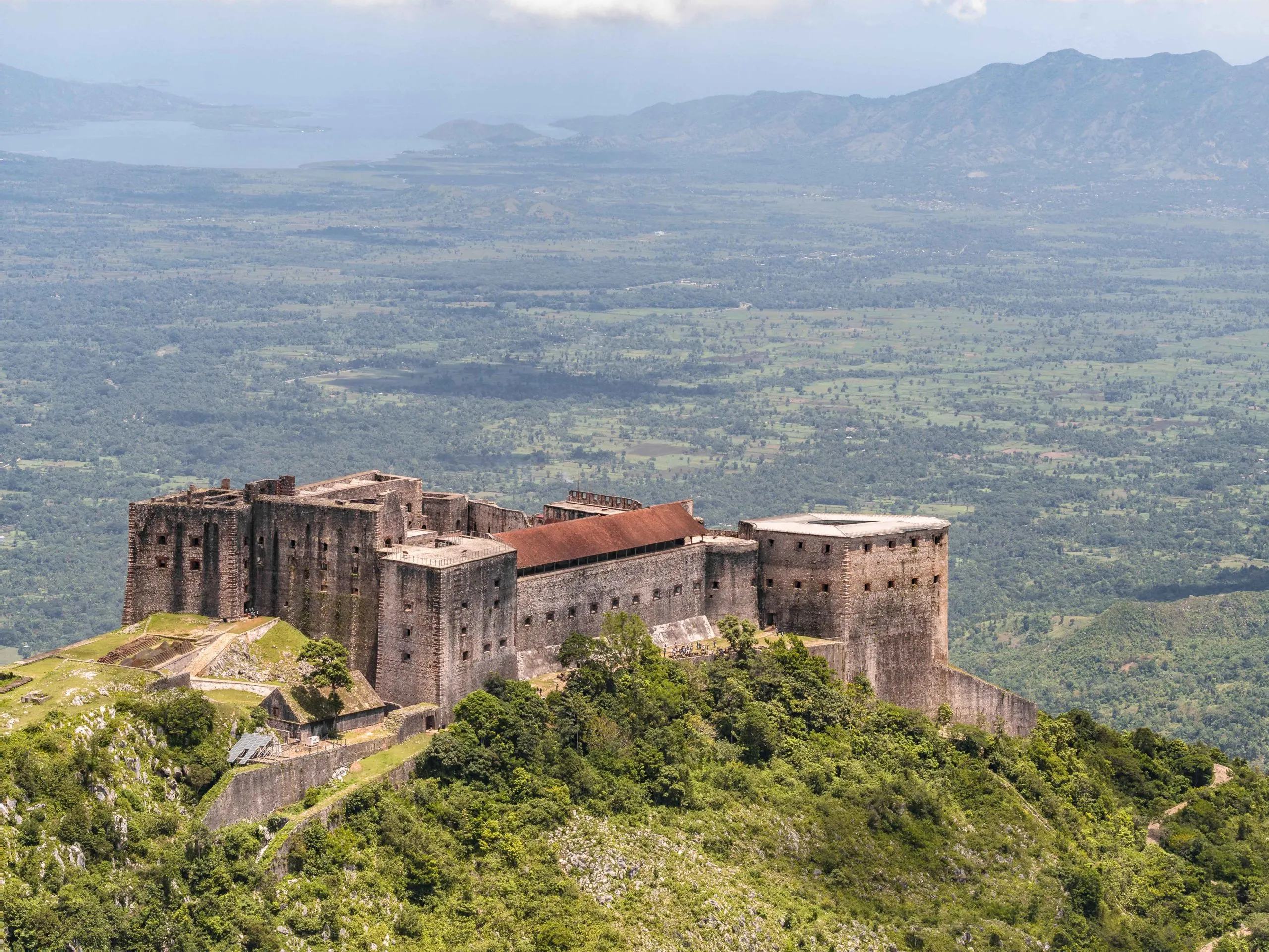




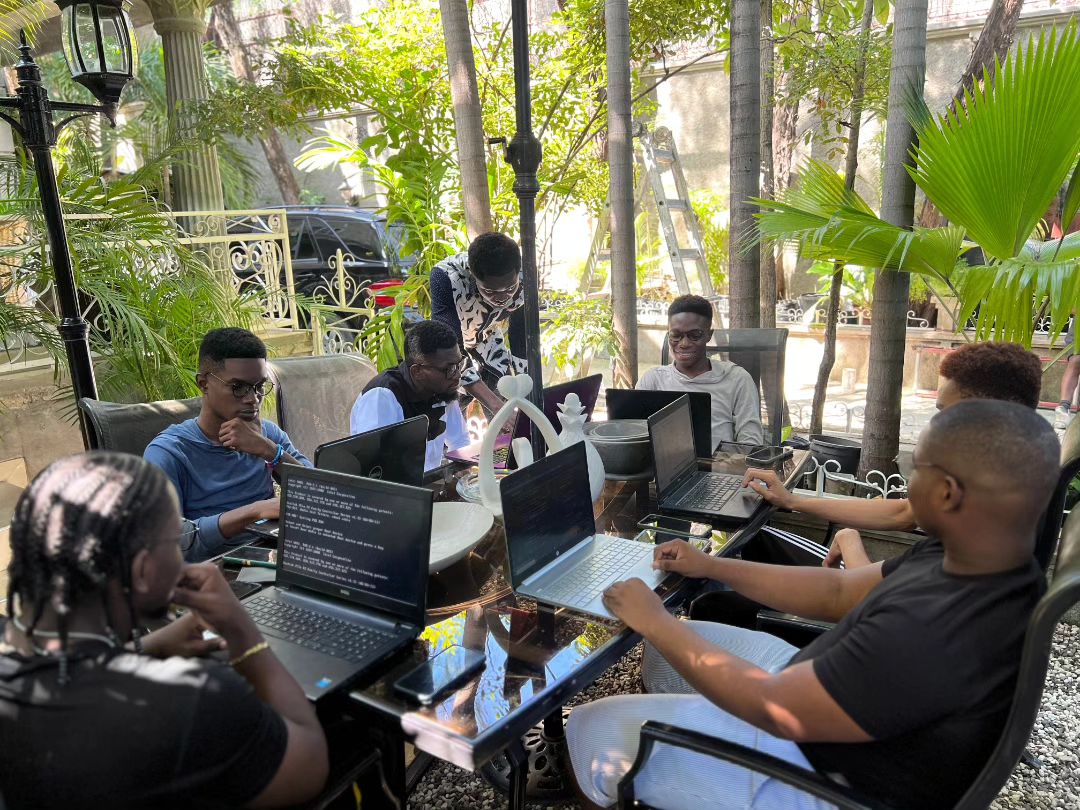










































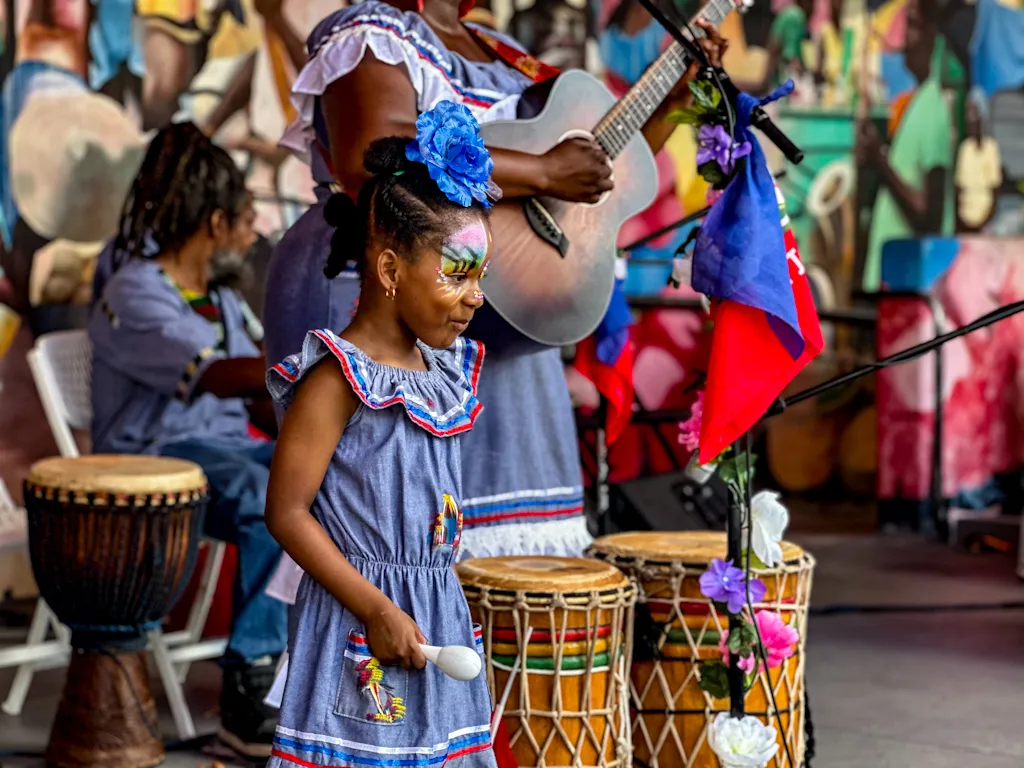




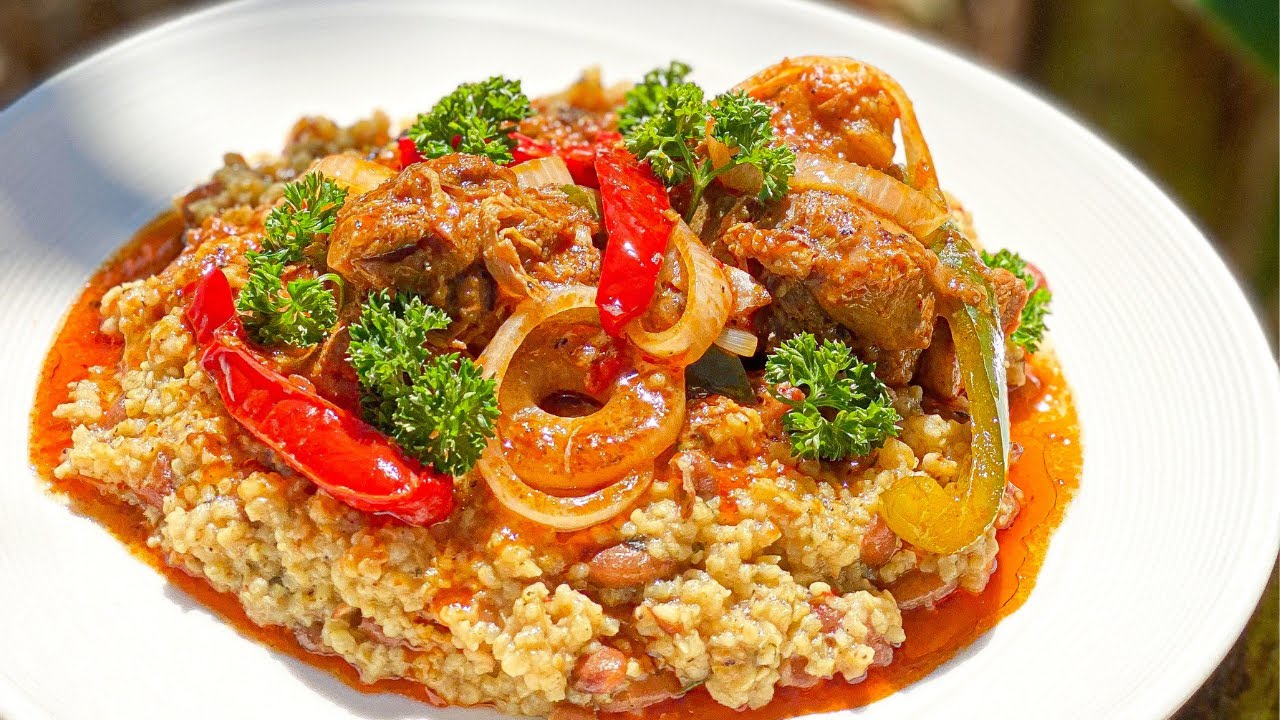
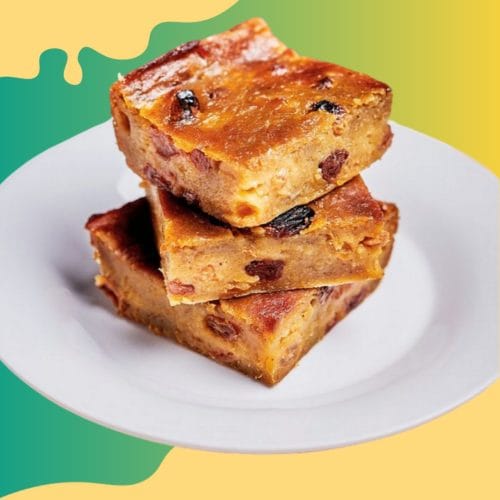
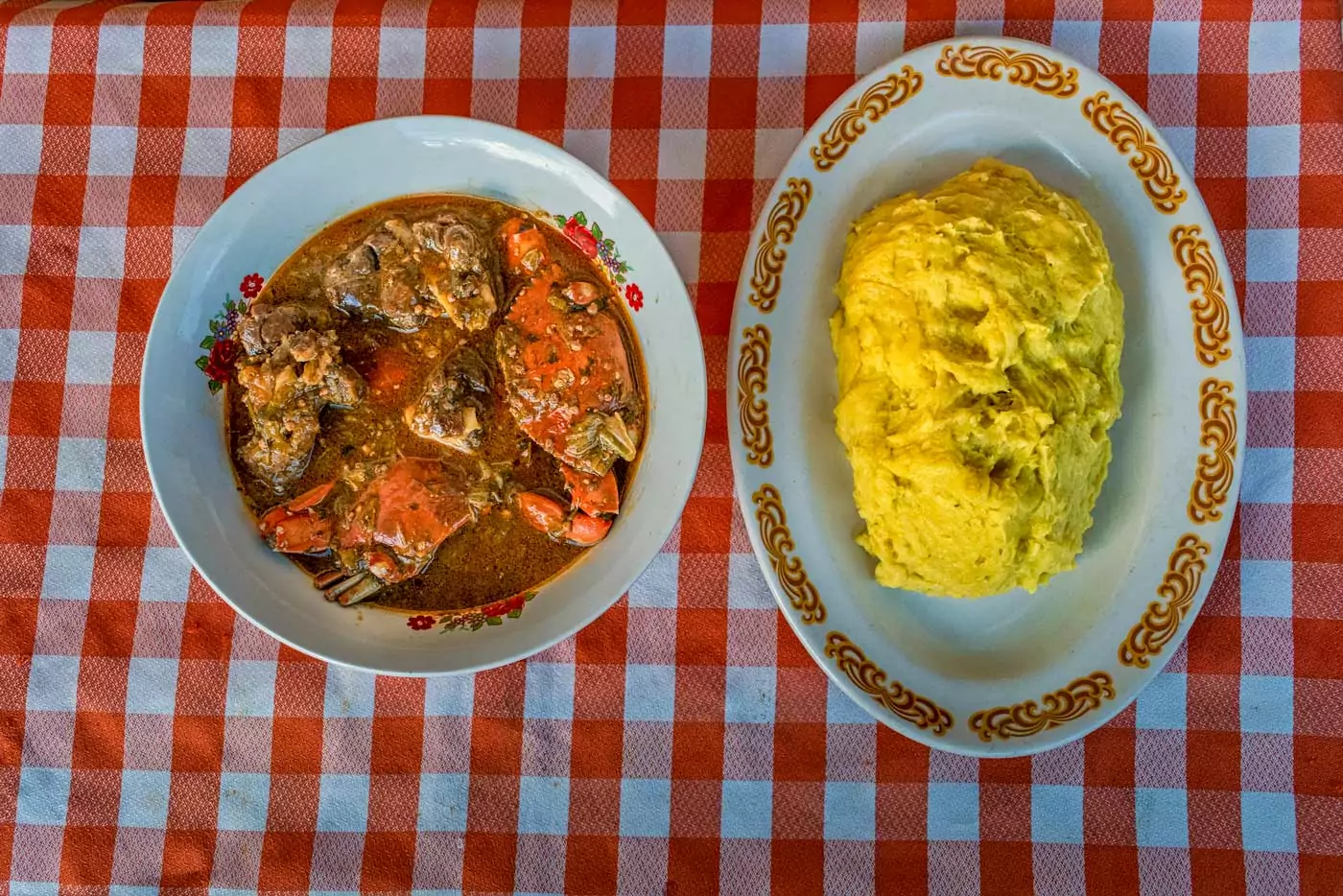






Haïti deviendra et restera le pays le plus riches du monde au nom de Jesus. Cette force mysterieuse qui est Dieu lui même est avec Haïti et c'est lui qui rallumera notre flame 🔥 et l'etoile d'Haïti brillera partout même dans les tenebres les plus profond. Car Haïti est pour Dieu et Dieu pour Haïti. Que l'huile du tout puissant (divine) tombe sur Haïti et que dès aujourdhui tout monde voit Haïti comme un pays riches, libres,et qui continue de prosperer a la vue du monde entier.Que le bon sens et l'esprit de sagesse qui vient de Dieu ranime chaque personne qui va diriger ce pays pour le bien du peuple et aussi des etranger qui demeuront ce pays. Haïti, est le pays ou on vit la vie on aime la ,on respecte la vie,on vit la vie sainement. Tout prospere en Haïti pour la gloire de Dieu et le peuple qui y reside. Au nom de JESUS.Amen.
September 24, 2024 - 09:41:23 AMÇa me fait plaisir losque les gens dissent des belles chooses vrais de mon pays.
October 18, 2024 - 03:58:01 AM